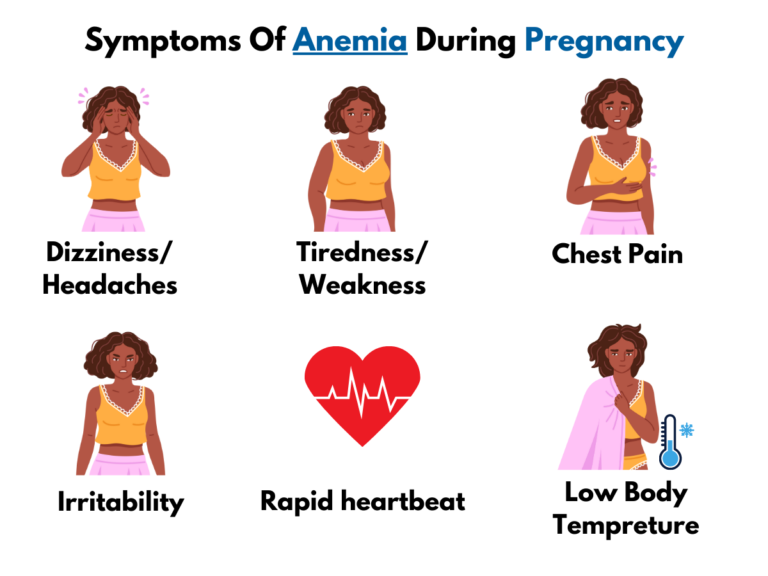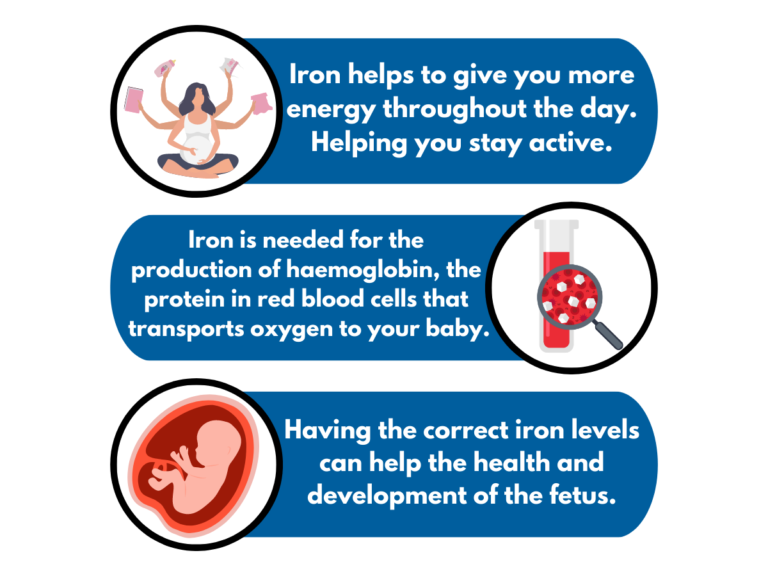06 Feb Iron Rich Foods For Pregnancy
Iron Rich Foods For Pregnancy
- Iron is needed for healthy red blood cells for both you and your baby.
- If you are anaemic, you may lack energy and feel very tired.
- Most people should be able to get all the iron they need from foods.
Why do you need iron?
Iron is an essential nutrient during pregnancy as it plays a crucial role in the growth and development of the fetus. In this article we will look at iron rich foods for pregnancy.
Here are some of the reasons why iron is so important during pregnancy:
Growth and development:
Iron is important for the growth and development of the fetus. It is necessary for the production of red blood cells and the proper functioning of the immune system.
Energy Production:
Iron is also necessary for the production of energy in the body. During pregnancy, the body’s energy demands increase as the fetus grows. It’s important for pregnant women to have sufficient iron levels to meet these demands.
Oxygen Transport:
Iron is a key component of hemoglobin, the protein in red blood cells that carries oxygen from the lungs to the rest of the body. During pregnancy, the amount of blood in the body increases, which means that the body needs more hemoglobin to carry oxygen to the fetus.

Iron rich foods for pregnancy
1. Lentils
2. Red meat
3. Spinach
Spinach is a rich source of non-heme iron, which is the type of iron found in plant-based foods. Although non-heme iron is not as easily absorbed as heme iron, which is found in animal-based foods, it is still an important source of iron for pregnant women. Spinach is also rich in other essential nutrients, such as folate, calcium, and potassium. These nutrients are also important for the health and development of the fetus during pregnancy.
Spinach is also a convenient and easy food option that can be added to many different dishes, such as smoothies, salads, and soups. This makes it a good option for pregnant women who are looking for an easy way to increase their iron intake.
4. Tofu
Tofu is a good source of iron, with a 100g serving providing about 3.6mg of iron. Pregnant women need to consume more iron during pregnancy to support the growth and development of the fetus. Tofu can be a good option to help meet their increased iron needs. It’s also rich in other essential nutrients, such as protein, and calcium, which are important for the health and development.
5. Iron Supplements
Benefits of iron rich foods for pregnancy

- Iron also supports the health of the mother during pregnancy, by helping to maintain a healthy immune system, prevent fatigue, and support the overall energy levels of the mother.
- Iron also plays a role in preparing the mother’s body for labor and delivery. A sufficient amount of iron can help ensure that the mother has the energy she needs to endure the physical demands of labor and delivery.
- During pregnancy, the blood volume increases to support the growing fetus, which can lead to iron-deficiency anemia. This condition can cause fatigue, weakness, and increased risk of infections in the mother. Consuming enough iron during pregnancy can help prevent anemia and maintain healthy iron levels.


No Comments